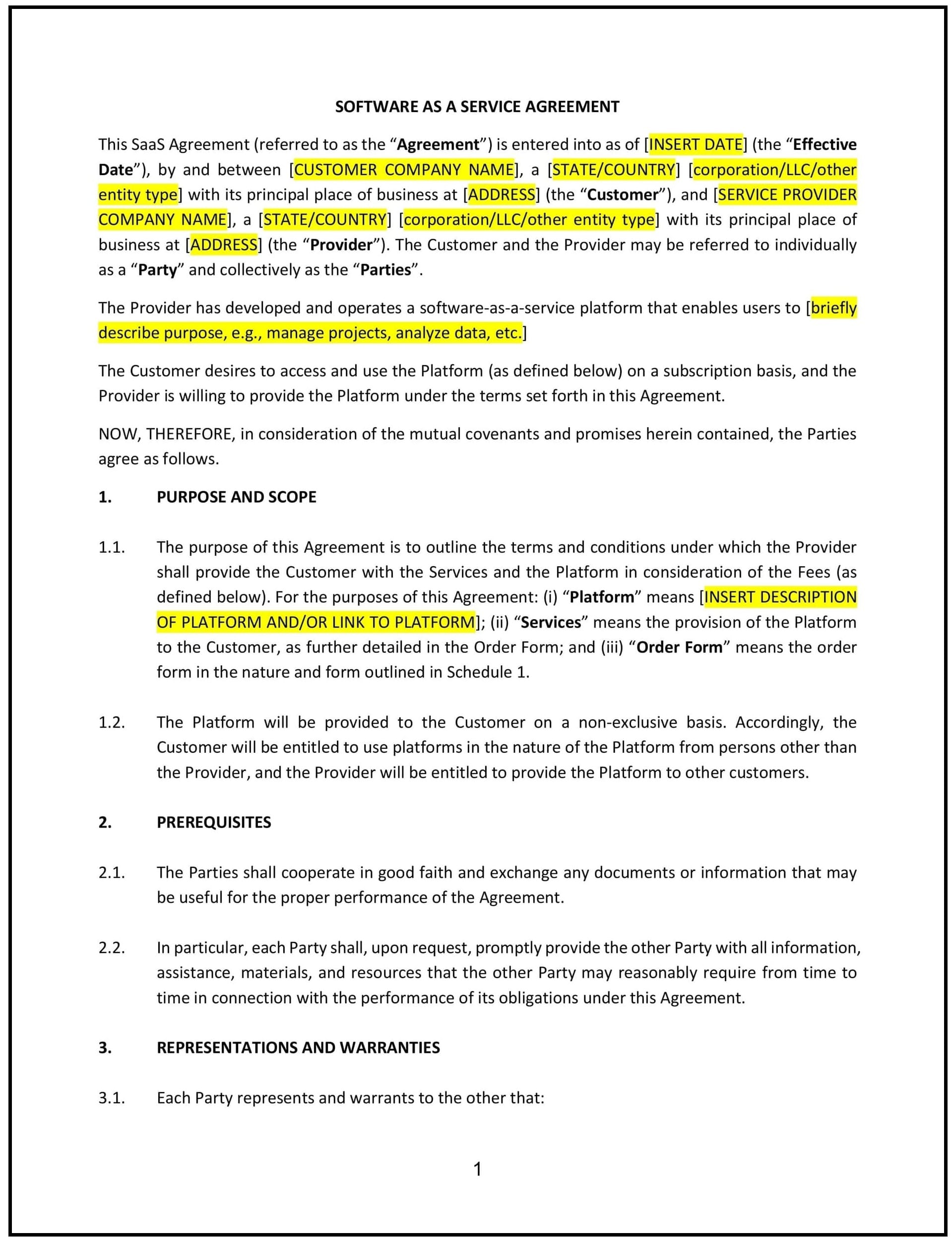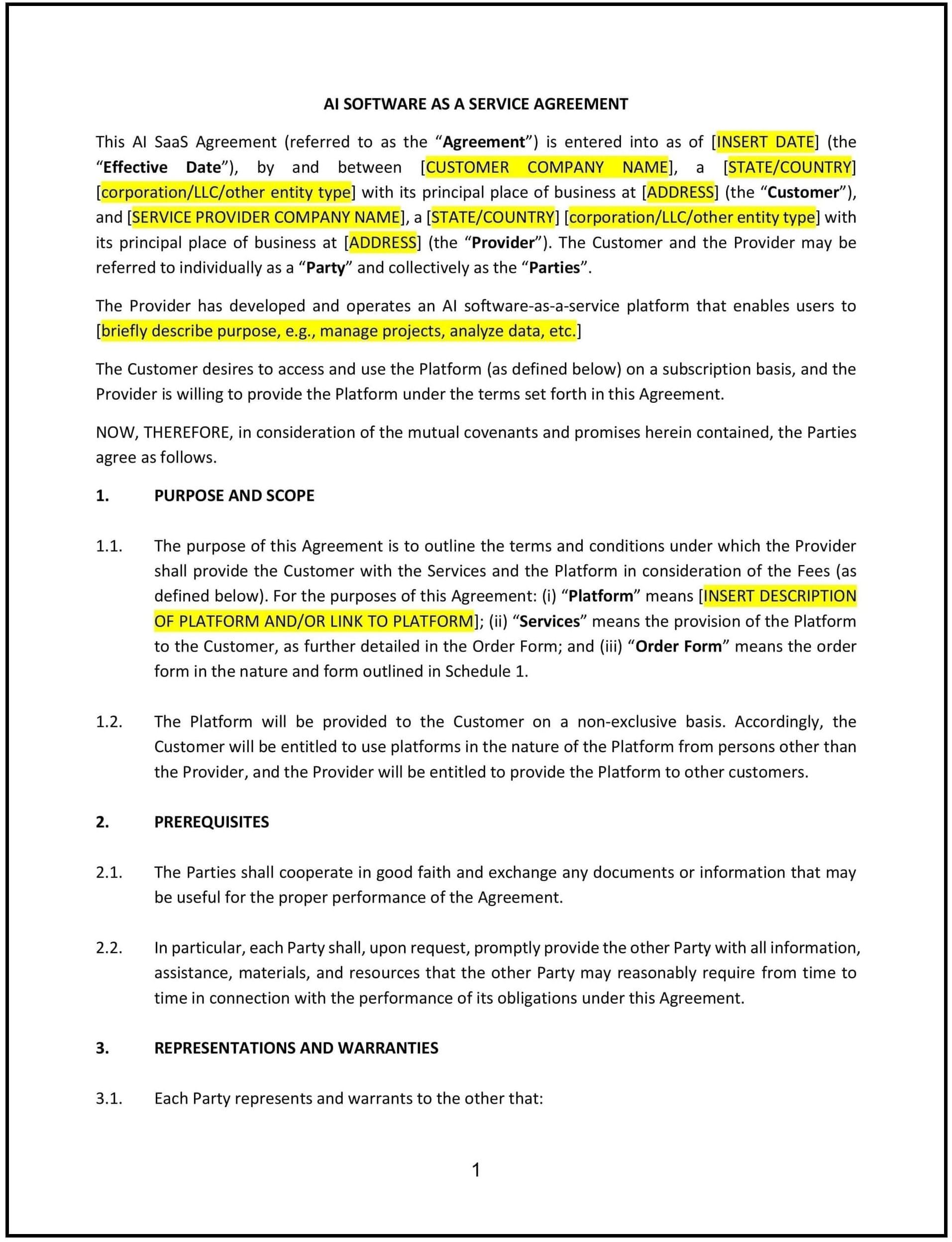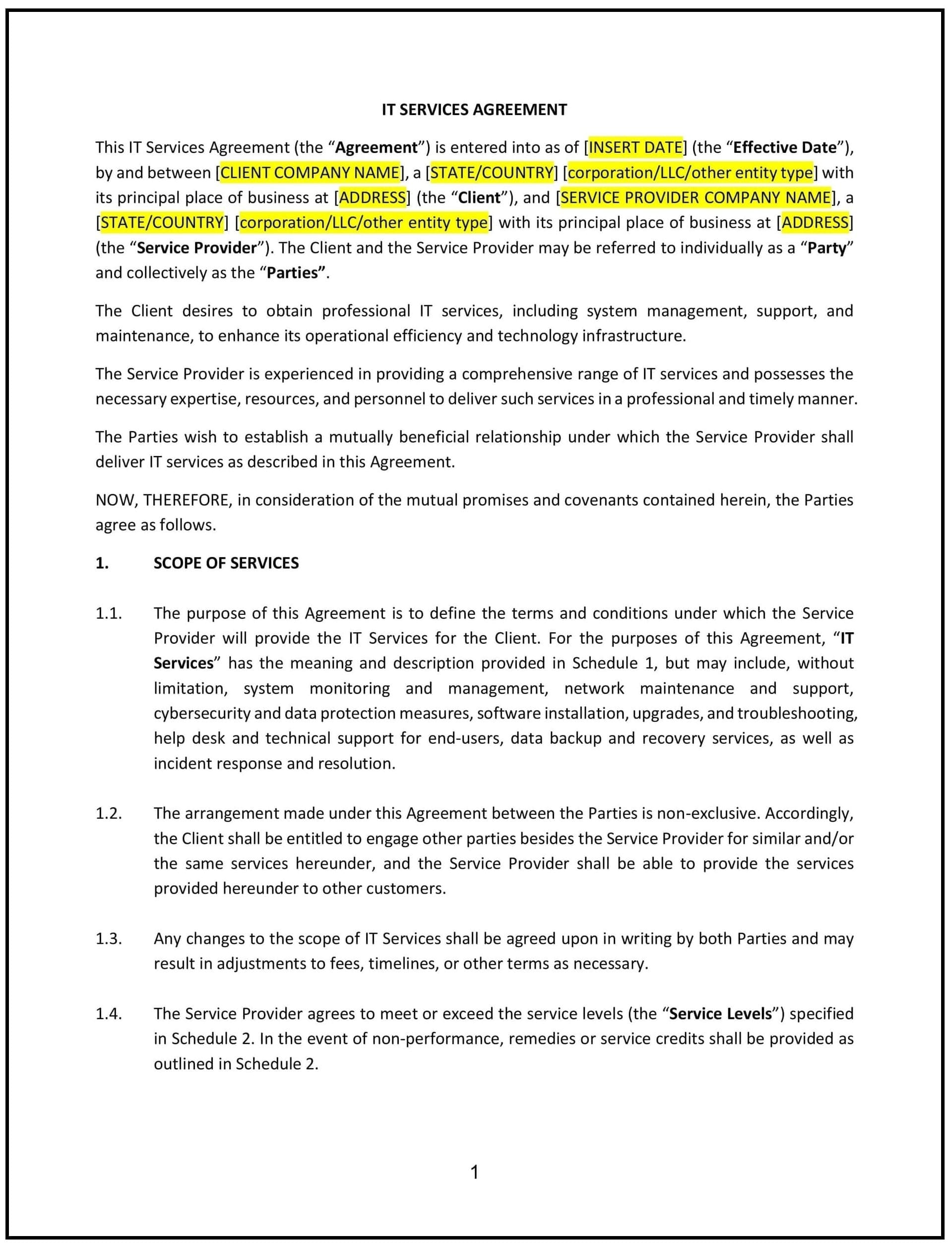Business Development Agreement (Connecticut): Free template
Business Development Agreement (Connecticut)
A Business Development Agreement is a legally binding contract that outlines how one party will assist another in growing their business, increasing revenue, or entering new markets. In Connecticut, these agreements are subject to state contract laws and must adhere to consumer protection regulations, including the Connecticut Unfair Trade Practices Act (CUTPA). It is crucial for businesses to create clear agreements that specify deliverables, payment terms, and performance expectations.
For instance, a Hartford-based manufacturing firm might engage a Stamford-based consultant to explore expansion opportunities in the aerospace industry. A well-crafted Business Development Agreement ensures clarity on objectives, timelines, and compliance with Connecticut’s legal requirements.
Tips for drafting and maintaining a Business Development Agreement in Connecticut
- Define the scope of services: Clearly describe the business development activities to be performed, such as market analysis, lead generation, partnership building, or strategic planning. Include specific milestones and deadlines.
- Example: “The Provider will identify and secure at least three new partnerships for the Client within the first quarter of the agreement.”
- Establish payment terms: Specify the payment structure, whether it’s a fixed fee, commission-based, or tied to performance metrics. Include invoicing schedules, due dates, and late payment penalties.
- Example: “The Client agrees to pay the Provider a monthly retainer of $6,000, plus a 10% commission on all revenue generated from new partnerships.”
- Include performance metrics: Outline how success will be measured, using key performance indicators (KPIs) such as new client acquisitions, revenue growth, or deals closed.
- Example: “The Provider will submit a monthly report detailing progress on KPIs, including new partnerships and revenue impact.”
- Address intellectual property rights: Clarify ownership of any strategies, materials, or content created during the engagement. Typically, the Client retains ownership, while the Provider may retain rights to pre-existing work.
- Example: “All intellectual property developed under this agreement will be owned by the Client upon full payment. The Provider retains rights to pre-existing materials.”
- Set confidentiality obligations: Protect sensitive information shared during the engagement with a confidentiality clause that aligns with Connecticut’s trade secret laws.
- Example: “Both parties agree to maintain the confidentiality of all proprietary information for a period of five years after the agreement ends.”
- Outline termination provisions: Specify the conditions under which the agreement can be terminated, such as breach of terms, mutual consent, or failure to meet performance goals.
- Example: “Either party may terminate this agreement with 30 days’ written notice if the other party violates any terms outlined herein.”
- Align with Connecticut-specific laws: Ensure the agreement complies with Connecticut’s contract laws and consumer protection statutes, including CUTPA.
- Example: “This agreement is governed by the laws of the State of Connecticut. Both parties agree to adhere to all applicable state and federal regulations.”
Frequently asked questions (FAQs)
Q: Is a Business Development Agreement enforceable in Connecticut?
A: Yes, provided the agreement is clear, mutually agreed upon, and complies with Connecticut contract laws, it is legally enforceable.
Q: What key elements should a Business Development Agreement include in Connecticut?
A: It should cover the scope of services, payment terms, performance metrics, intellectual property rights, confidentiality obligations, termination clauses, and compliance with Connecticut laws.
Q: Can a Business Development Agreement be terminated early in Connecticut?
A: Yes, if the agreement includes a termination clause, either party can end the agreement with reasonable notice. The terms should outline the process and conditions for termination.
Q: What industries frequently use Business Development Agreements in Connecticut?
A: Industries such as healthcare, insurance, manufacturing, technology, and financial services often use these agreements. For example, a New Haven-based biotech company might hire a consultant to expand its clinical trial partnerships.
Q: How can disputes over a Business Development Agreement be resolved in Connecticut?
A: Disputes can typically be resolved through negotiation, mediation, or arbitration. If unresolved, disputes may proceed to court based on the terms specified in the agreement.
This article contains general legal information and does not contain legal advice. Cobrief is not a law firm or a substitute for an attorney or law firm. The law is complex and changes often. For legal advice, please ask a lawyer.


